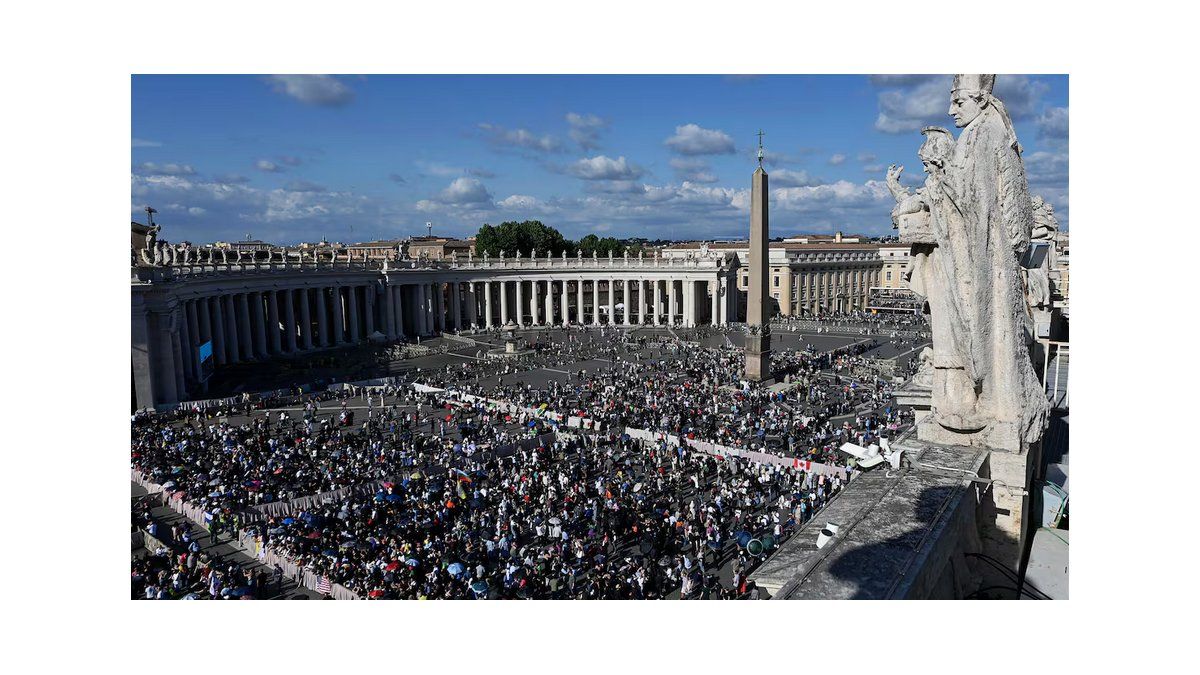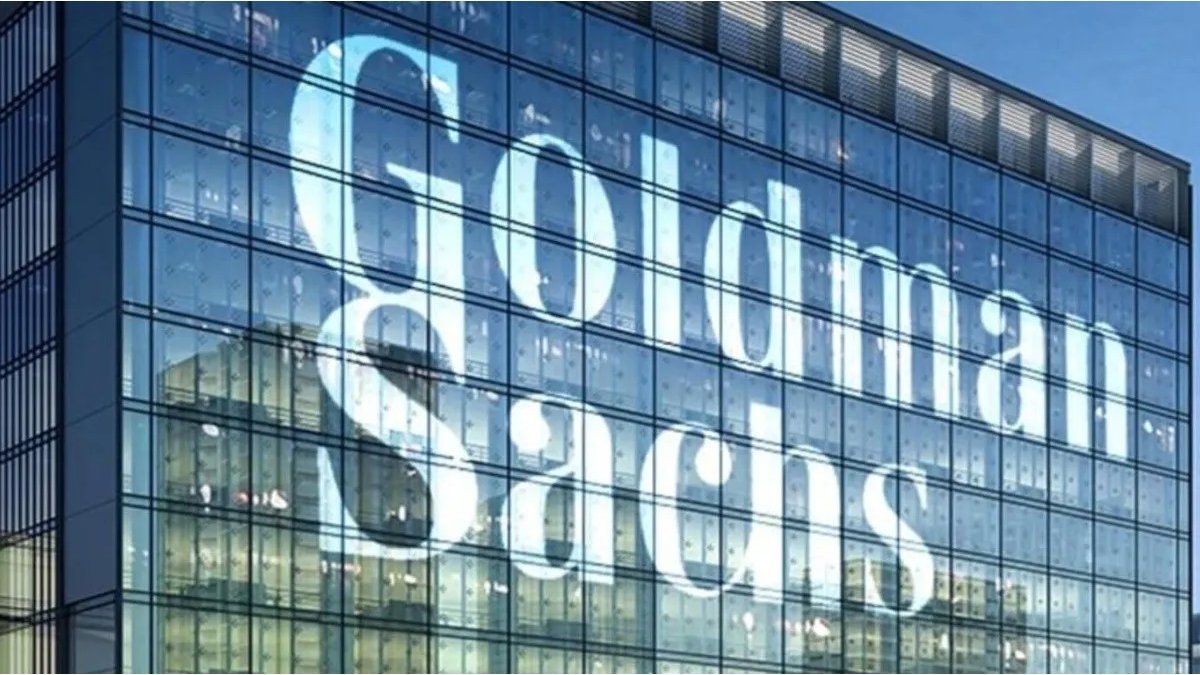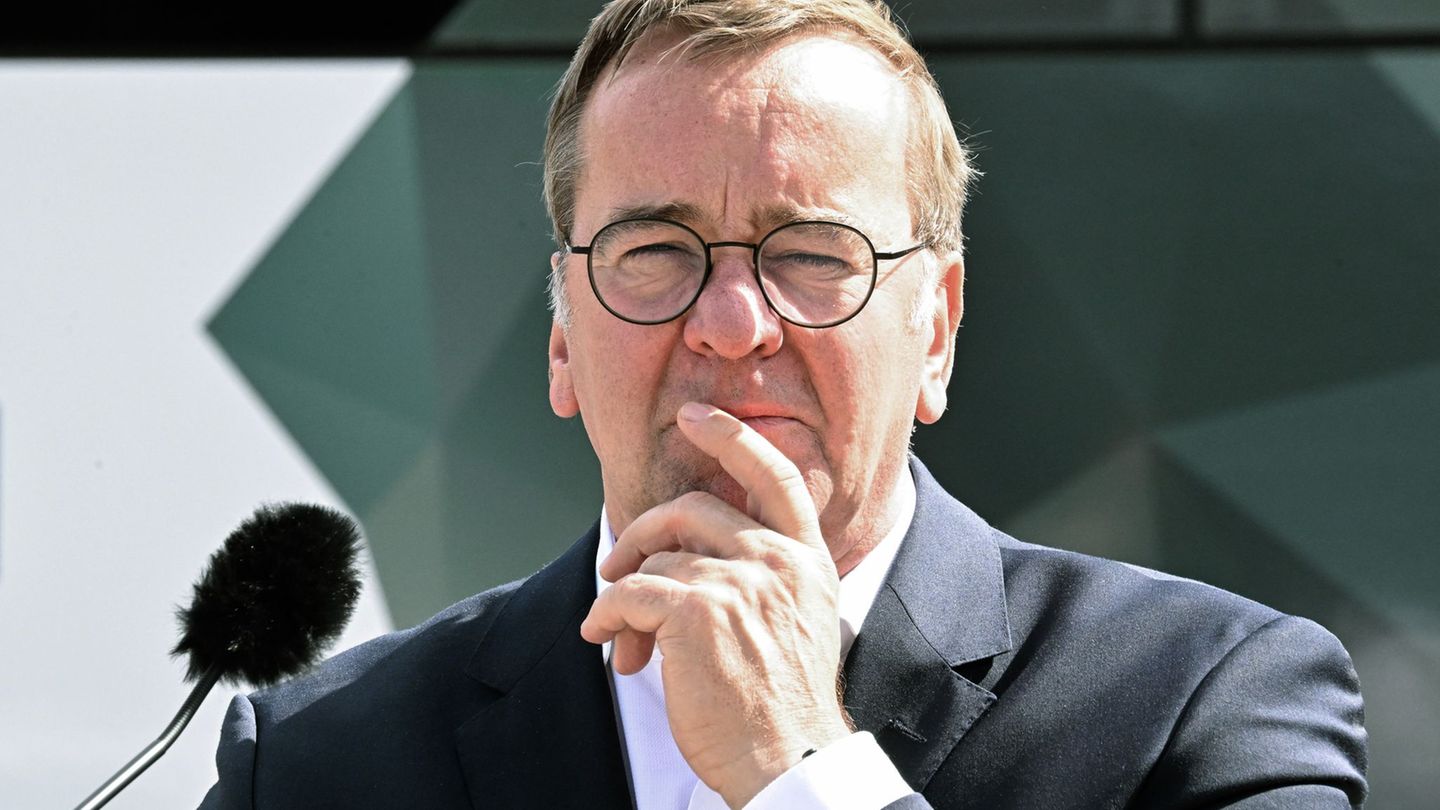Dilapidated roads and bridges, incomplete data networks – the state of the infrastructure in Germany is increasingly slowing down economic development. The SPD now wants to speed things up.
The SPD wants to start an offensive for the renewal and expansion of the infrastructure in Germany. At their annual meeting in Berlin, the party leadership wants to pass a resolution in which it advocates better conditions for investments, more state participation in energy, transport and data networks and, above all, a significant acceleration of approval and planning processes. “A comeback of infrastructure policy for the 21st century is needed,” says the six-page paper.
“We have to ignite a turbo in mobility on rail and road, in heating networks, in renewable energies and of course in digital networks,” said SPD leader Saskia Esken at the beginning of the two-day consultations, in which Chancellor Olaf Scholz also takes part. Co-Chairman Lars Klingbeil called for a “new Germany speed” in all fields. As a positive example, he cited the first terminal for liquefied natural gas (LNG) in Wilhelmshaven, which was completed in December – less than ten months after Chancellor Scholz announced the construction. “I expect that such a speed will now also be taken up in the modernization of our infrastructure in all areas,” Klingbeil told the editorial network Germany.
The goal is the most modern transport infrastructure in Europe
In the draft resolution, not only rails, roads or power lines are defined as infrastructure, but also the education system from daycare to university, public administration or health care. Specifically, better funding of future technologies is called for, for example through the increased construction of production facilities for semiconductors or batteries. In order to simplify investments in infrastructure, European state aid law must be reformed. A European industrial electricity price should contribute to leveling the competitive conditions in Europe.
The state must take more responsibility for the network infrastructure. “The energy of the future needs networks of the future: The state must therefore set the framework for the construction of pipelines, storage capacities and power plants, ensure overall coordination and create financial incentives where necessary,” the paper says. For rail and road, the goal must be that Germany has “the most modern and at the same time most sustainable transport infrastructure in Europe”.
Coalition dispute over priority for road or rail
Esken said that the infrastructure had been a guarantee of Germany’s economic success for many decades. In recent years, however, things have come to a standstill. “Bridges are ailing, we are lagging behind when it comes to digitization, poor networks and systems are slowing down our future. And our promise of education has also become brittle.” That must now change again.
The traffic light parties had already agreed in their coalition agreement to speed up infrastructure expansion. Above all, there is a dispute between the FDP and the Greens as to whether the road or the rail should be preferred. “We need both in Germany,” said Esken.
Discussions on four forthcoming state elections
During the retreat on Sunday, the party executive also wanted to deal with the communication of party work to the outside world. The election campaign consultant and copywriter Frank Stauss was invited. On Monday, the party executive wants to look at the four state elections this year in Berlin, Bremen, Bavaria and Hesse. The Federal Interior Minister and Hessian SPD state chairwoman Nancy Faeser, who is being treated as the top candidate for the autumn election, is not on the list of participants in the exam. The decision is to be announced on February 3 and could then also have an impact on federal politics. Because it is unclear whether Faeser would then remain Minister of the Interior or concentrate entirely on the election campaign in Hesse.
Defense Minister Christine Lambrecht, who was recently heavily criticized for her New Year’s message on Instagram accompanied by New Year’s Eve fireworks, is also not present at the closed conference. Like Faeser, she is not a member of the federal executive board.
Consultations on European elections with SPE boss Löfven
At the end of the exam, the SPD leadership will take a look at the year 2024 on Monday. Then the European elections will take place. The chairman of the Party of European Socialists, Stefan Löfven, has been invited to the discussion.
Source: Stern
David William is a talented author who has made a name for himself in the world of writing. He is a professional author who writes on a wide range of topics, from general interest to opinion news. David is currently working as a writer at 24 hours worlds where he brings his unique perspective and in-depth research to his articles, making them both informative and engaging.




